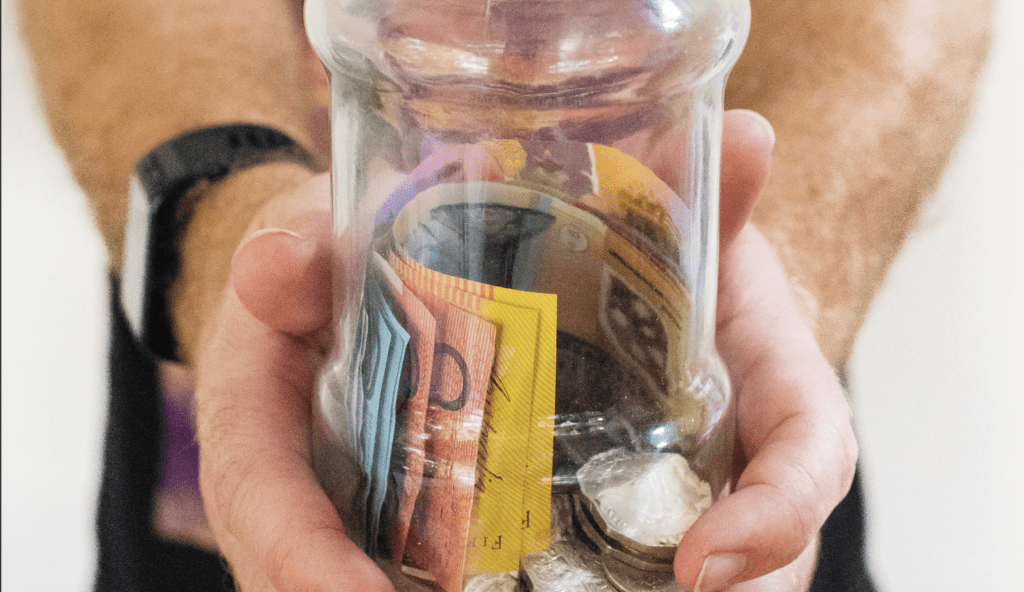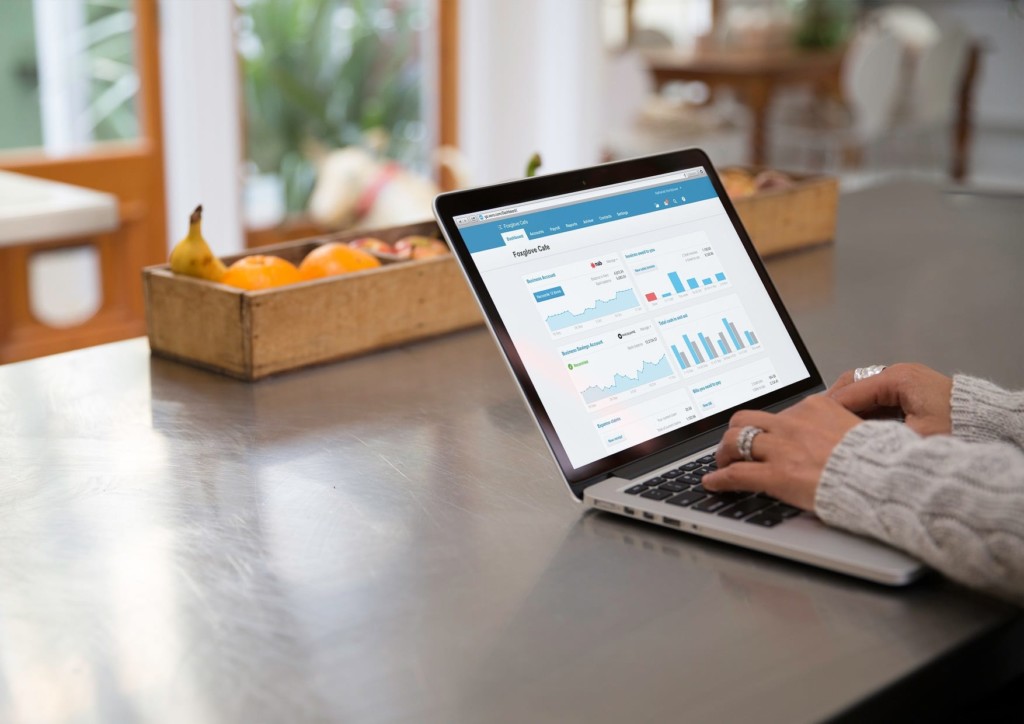How would you spend a bit of unexpected cash right now?
A holiday?
A nice addition to the house deposit savings?
A new car?
The fun part about tax planning (no, the two aren’t mutually exclusive) is being proactive and finding yourself with a larger stack in the back pocked than you estimated.
Can you believe it’s that time of year again? We certainly can’t! That’s right folks, accountants’ Christmas, also known as TAX TIME, is just around the corner. And just like at real Christmas, we’re making our lists and checking them twice.
Here’s a few things to think about to make this year the best end of financial year yet.
Write-off your assets
Following the Federal Budget announcement, the Instant Asset Write Off, for assets “first used or installed, and ready to use” between April 3rd, 2019 and June 30, 2020 has been boosted to $30,000. This allows small businesses to claim immediate deductions for new or second-hand plant equipment and asset purchases such as vehicles, tools and office equipment.
If you purchased assets before 7:30pm on the 2nd April 2019, don’t stress, as long as they were less than $25,000 each, you can write them off too! And, before 28th of January, they had to be less than $20,000.
Consider your structure
If you are a sole trader or in a partnership, tax time is a great time to reflect and decide whether you have outgrown your current structure.
Does your structure protect your personal assets like your family home? Is your structure allowing you to legally minimise the amount of tax you are paying? If not and things don’t go well in the coming financial year these things can be at risk.
Remember as an individual your tax rate can be as high as 45% but a company pays tax at 27.5% (and reducing to 26% in 2020/2021), so there are opportunities.
Our team can help you ensure which business’ structure will serve you best.
Think trust distributions
To avoid paying tax at 45%, resolve your trust distributions before 30th June. Trust distribution determines which beneficiaries will receive distributions and what portion of trust income they receive. Getting this right can save you thousands of dollars in unnecessary tax bills. Don’t have a trust involved in your structure? Discuss this with your accountant ASAP.
Distribute to bucket companies
Bucket companies are a legitimate options for income from your trust. If there are individuals paying tax at 37% or 45% marginal rates, then distributing to a bucket company at 27.5% capped tax rates might make more sense for your business.
Think outside the box with deductions
- Tax deductible super contributions could allow you to contribute up to $25,000 into superannuation before the 30th of June (we recommend seeking advice from your financial advisor before pulling the trigger on this) Remember, $25,000 is your maximum, so if there has already been super contributions during the year, be careful not to go over $25,000
- Paying deductible expenses as close to June 30 as possible is a good way to minimise cash flow impact.
- Considering a donation? Anything over $2 is deductable!
- Professional expenses associated with starting a new business, such as legal and accounting fees, are deductible in the financial year the expenses occurred.
If you need to meet with your accountant before the end of financial year, please book in ASAP, appointments are filling fast!













